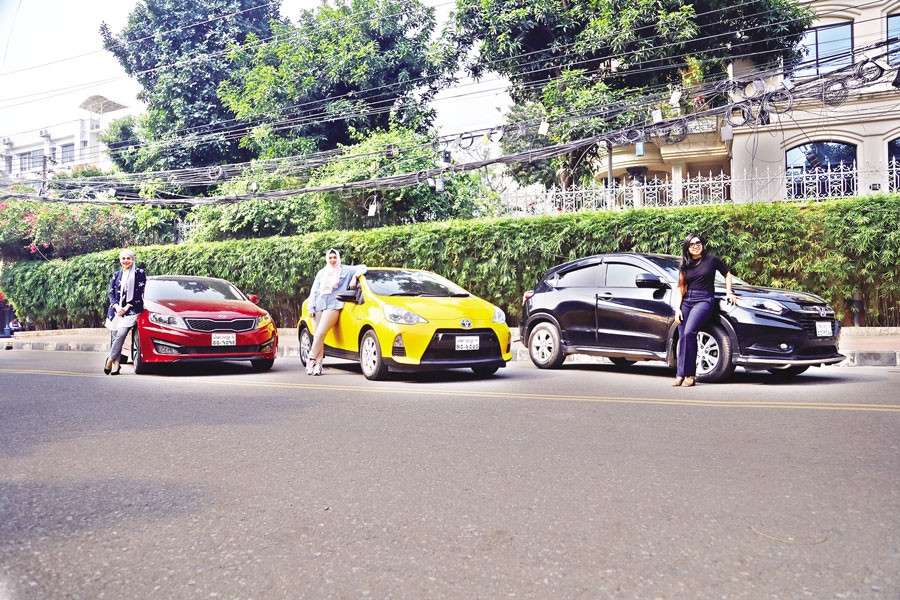Saudi Arabia was the only nation in the world that forbade women from driving motor cars up until June 2018. While the driving prohibition for women in Saudi Arabia has frequently captured the world's attention, it has been forgotten that women are legally prohibited from specific driving positions in many other nations.
In 19 nations throughout the world, it is against the law for women to work in the transportation industry in the same capacity as males, according to the World Bank's Women, Business, and the Law 2018 study.
Women are not permitted to work in the transportation of products or persons at night in nations including Belize, Dominica, and Nigeria; this restriction is most likely a relic from colonial-era rules based on antiquated International Labor Organization (ILO) conventions.
Numerous positions in the transportation sector are not open to women in nations including the Russian Federation, Belarus, Kazakhstan, and Uzbekistan. According to the World Bank, if a woman in these nations wishes to drive a train, truck, metro, or bus, she may discover that the law forbids her from doing so because of her gender alone.
Intending to connect women and automobiles, 'Women on Wheel,' a Bangladeshi platform, offers services like driving instruction, information sharing, emergency support, priority services, technical questions, and encouragement to more women to join the group. Women on Wheels (WoW) Bangladesh's founding team set out to build a platform that would 'wow' people.
They leaned forward with the term after realising that WoW may be interpreted as Women on Wheels. It was established to combat the everyday issues women encounter on the roadways and the underlying patriarchy.
The business even takes into account the societal variations between Dhaka, Chattogram, Khulna, Sylhet, Barisal, Mymensingh, Rangpur, and Rajshahi, and it will provide for the various needs of each city.
Even though removing this underlying patriarchy won't be simple, WoW will implement several policy adjustments to systematically combat these issues. Hiring female drivers for government vehicles and later for private sector vehicles, urging BRTA to offer training services for women drivers, providing all drivers with 24/7 roadside and hotline emergency support, etc., are just a few of the outstanding ideas.
According to Kazi Farhana, the founding member of WoW Bangladesh, transportation remains very unsafe for women. Hence, we need more representation of women in the automobile industry. Women are seen as the inferior gender, mostly working as maids or garments, whereas getting a driving job by a man seems natural. This is because driving requires spontaneity and certain leadership skills, which women lack.
When asked about her driving story, she said, "I started to drive out of necessity, but the problems I faced on the streets, such as stares, mockery, and social stigma, led me to create this platform along with like-minded women." She also said, "As female drivers, we relate with each other's problems, and the bonding was quick. We encourage and inspire each other and aim to inspire young girls and females to take the role of drivers."
The scenario of female drivers in Bangladesh is not very optimistic similar to other countries around the world. However, in addition to the work of BRAC Driving School, which has been educating female drivers since 2012, the Bangladesh Post Office also hired 19 women drivers this year.
Not only is patriarchy prevalent in Bangladesh, but it also permeates nearly every society throughout the world. WoW Bangladesh is only the first step; they hope their platform will soon be available in Nepal, Bhutan, Pakistan, and India.

- Saturday, 23 November 2024 |
- Today's FE |
- e-Paper |
- Beta Website

